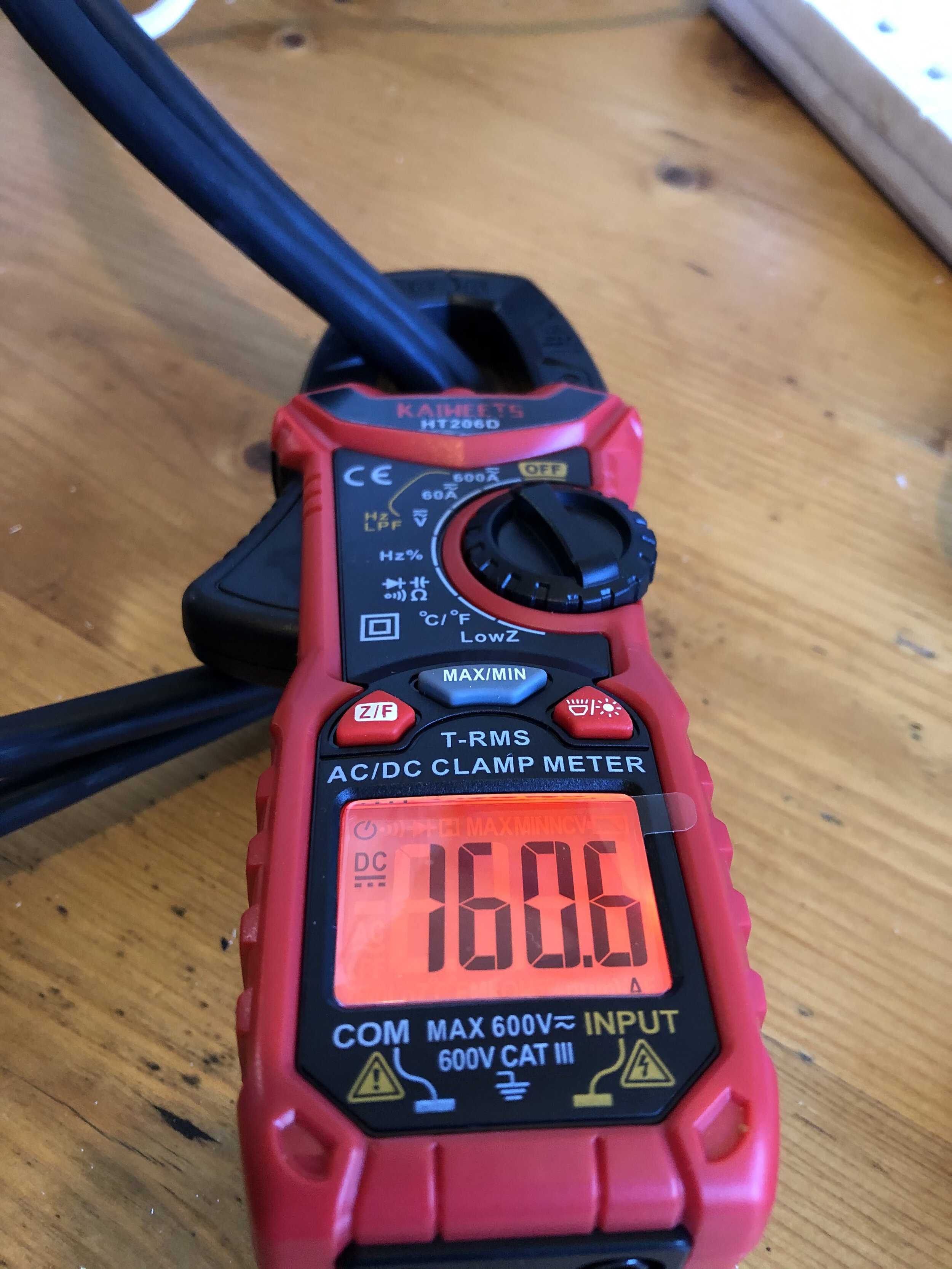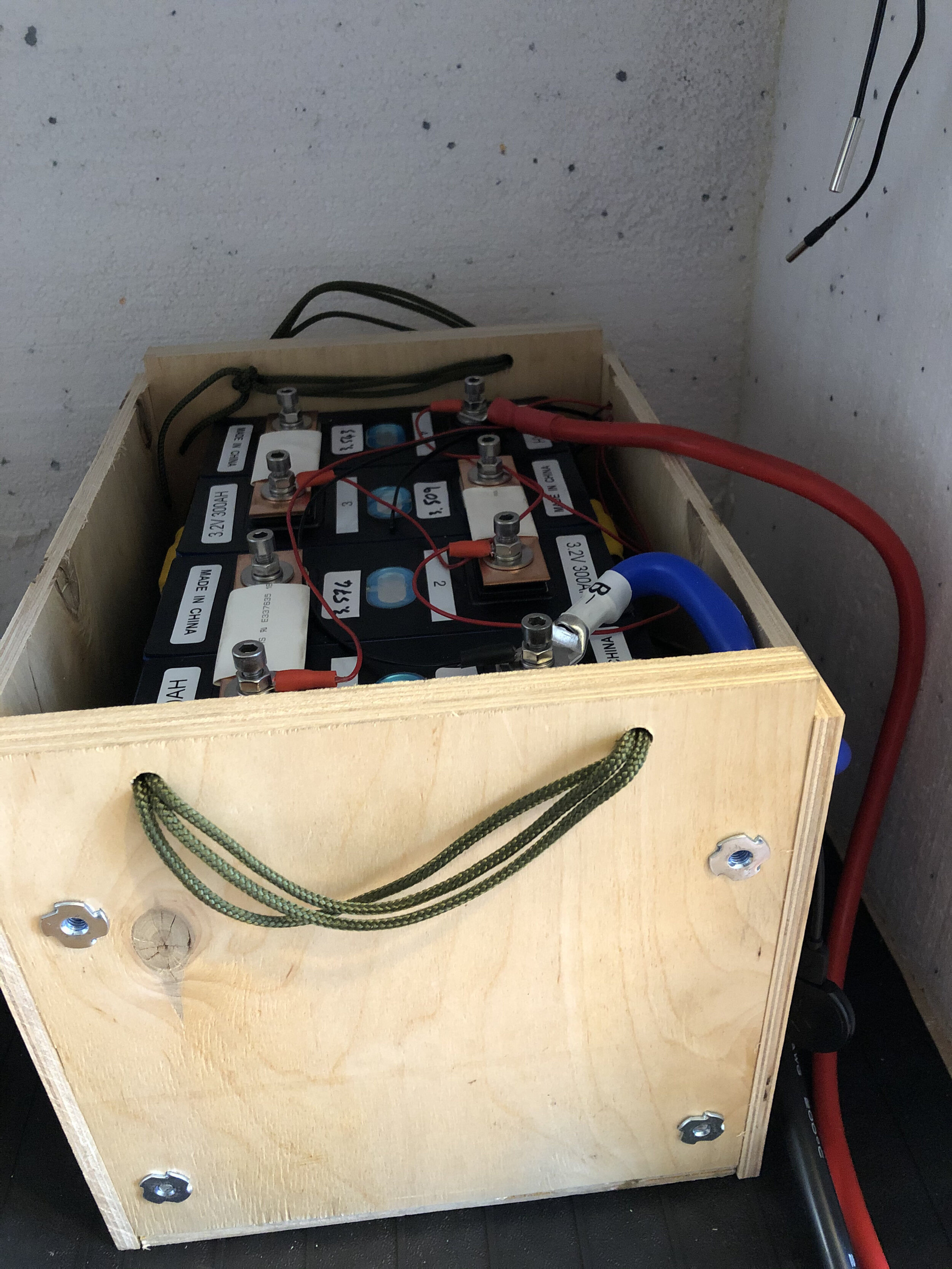Review of LiFePO4 battery cells from Dongguan Huanhuan Energy Technology Co., Ltd.
This is a review of the 300ah LiFePO4 battery cells from Dongguan Huanhuan Energy Technology Co., Ltd. These cells were purchased in December 2020. This is not a paid review nor do we have any affiliation to Dongguan Huanhuan Energy Technology Co., Ltd.
We were looking at alternative suppliers of LiFePO4 cells and took a chance with Dongguan Huanhuan Energy Technology Co., Ltd., so we wanted to share our results here to hopefully help anyone else that is considering buying their cells.
Overview
We purchased two different sets of 4 cells, so a total of 8 cells. We ordered the first set of 4 cells on December 11th 2020, which were delivered to Roger in England on xx. We ordered the second set of 4 cells on January 7th 2021, which were delivered to Nigel in Northern Ireland on March 13th 2021.
We had Dongguan Huanhuan Energy Technology Co., Ltd. handle the shipping for us, end to end. They provided door to door delivery for a reasonable price and we did not need to pay additional customs when they arrived, which was good! The delivery took a bit longer than we would have liked, but this was partly caused by delays due to Christmas & Brexit.
We asked the seller what capacity tests they had performed and their response was very vague. They basically just said that “the cells are 300ah” and that was it. No detail on tests or anything. Just that the capacity was as stated.
One of the biggest concerns that we had with these cells is that they did not have QR Codes on them. We queried this with the seller and he assured us that the cells were Grade A cells and that they were brand new, but we are still sceptical about this. We suspect that the cells might be Grade B, but as mentioned, the seller assured us that they were brand new.
Packaging
The packaging was OK. It wasn’t great, but it wasn’t the worst we’ve seen. The cells were placed into single cardboard boxes and separated using foam dividers.
The box that Nigel’s were delivered in was quite damaged and one of the cells had some slight damage on the one corner. We inspected them carefully and concluded that there was no major damage to be concerned about.
Capacity Tests
We performed several capacity tests on both sets of cells, including both high current and low current tests. We performed 5 capacity tests of the batteries made up with BMS and then each individual cell 3 times.
The low current tests were run at a constant amperage of around 10-20A and the high current tests were done at about 160A.
For all of the capacity tests on Roger’s cells, we have an insulated booth that we can keep at a constant temperature. We maintained a constant temperature of 25 degrees C. For all the capacity tests on Nigel’s cells, the temperature was varied.
Overall the results averaged at around 285ah. Roger had one cell that performed under this consistently, but on the whole, these cells never achieved a capacity close to 300ah. They consistently achieved an average of around 285ah, which leads us to believe that they are actually 280ah.
During the buying process, we queried the capacity testing with the seller and again their response was VERY vague. They just said that the cells were the capacity stated. When we said we could not achieve 300ah from the cells, the seller said that the difference was acceptable as it was around 5%. We disagreed with them on this, but they held their ground and were adamant that a 5% variance from the stated capacity was acceptable.
Conclusion
To conclude, we would not recommend these cells. The seller was not honest with their advertising, especially when we queried what was acceptable results from the testing. Before we even started our testing, they said they were 300ah and then once we’d performed our tests, they said that a 5% variance was acceptable.
All that said, it’s still very good value for money for these cells. You can build a 285ah battery (with a BMS) for around £500/$600, which is a MUCH BETTER value for money than another LiFePO4 option like Battleborn.













